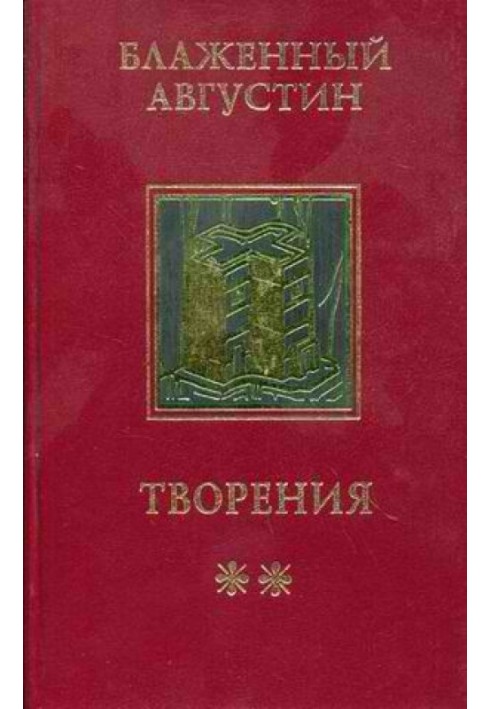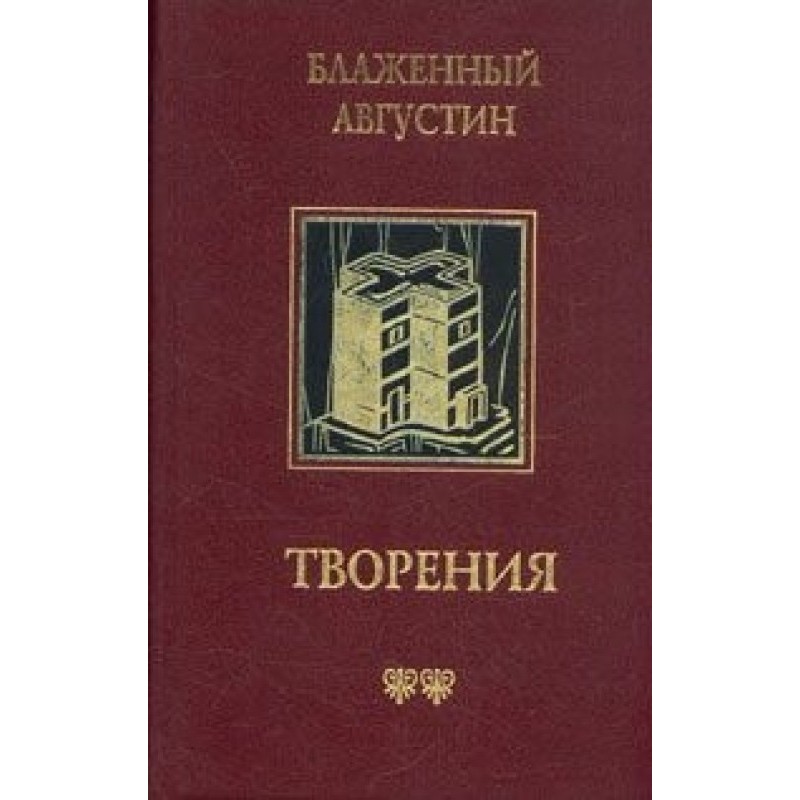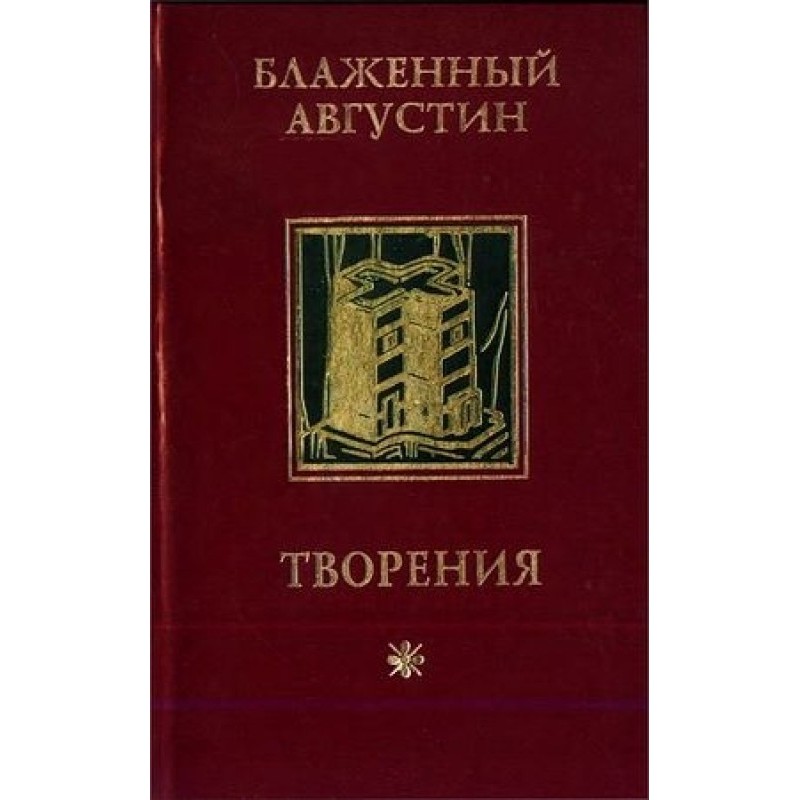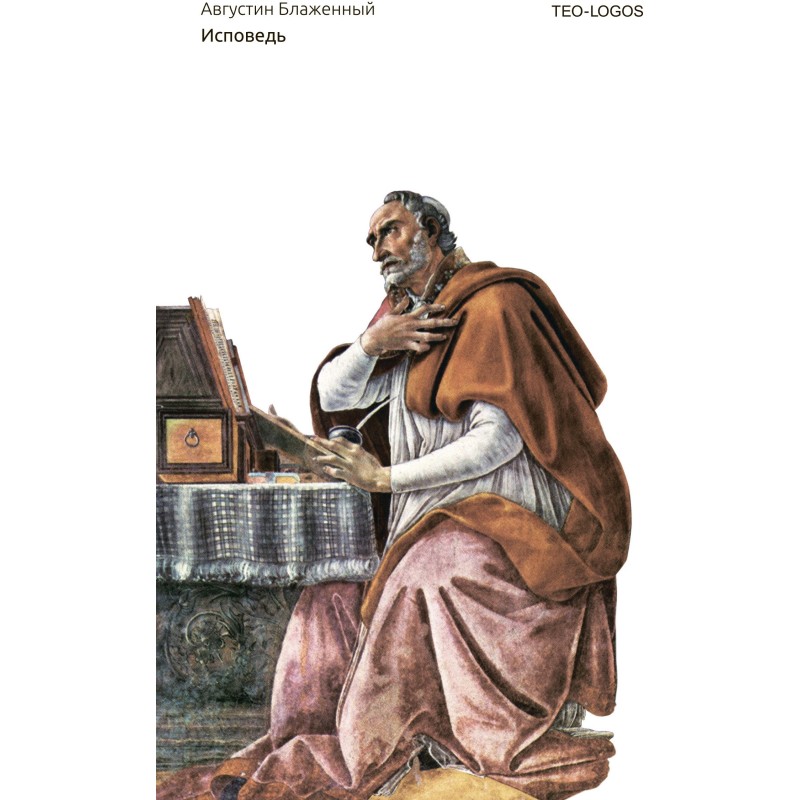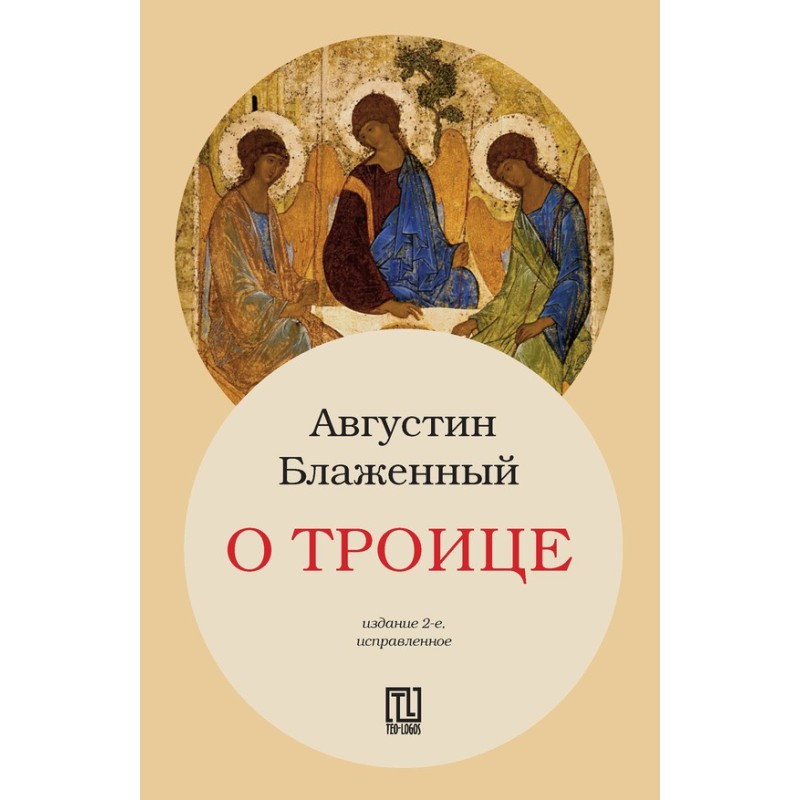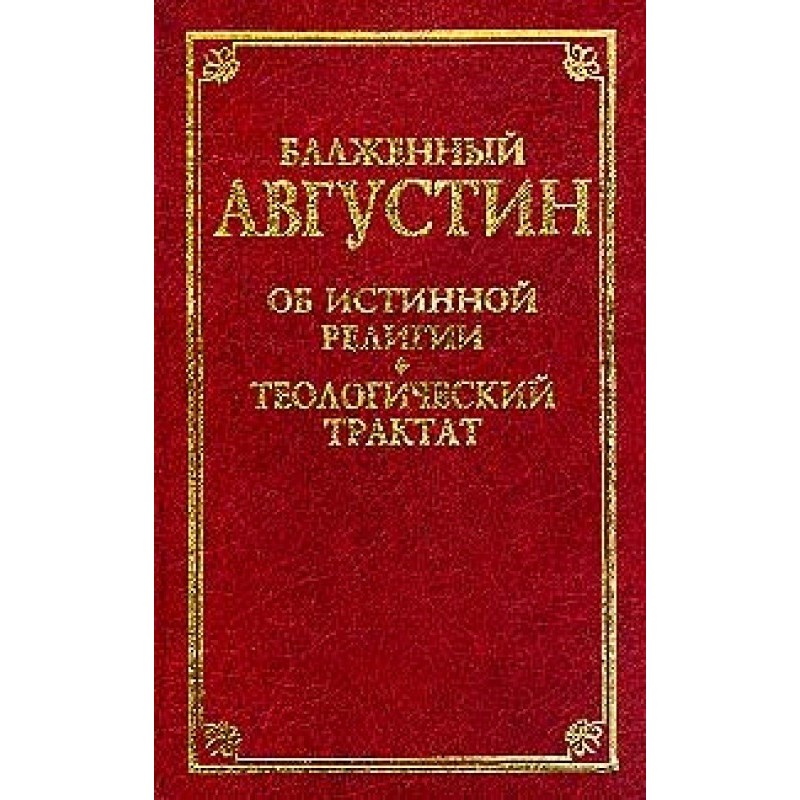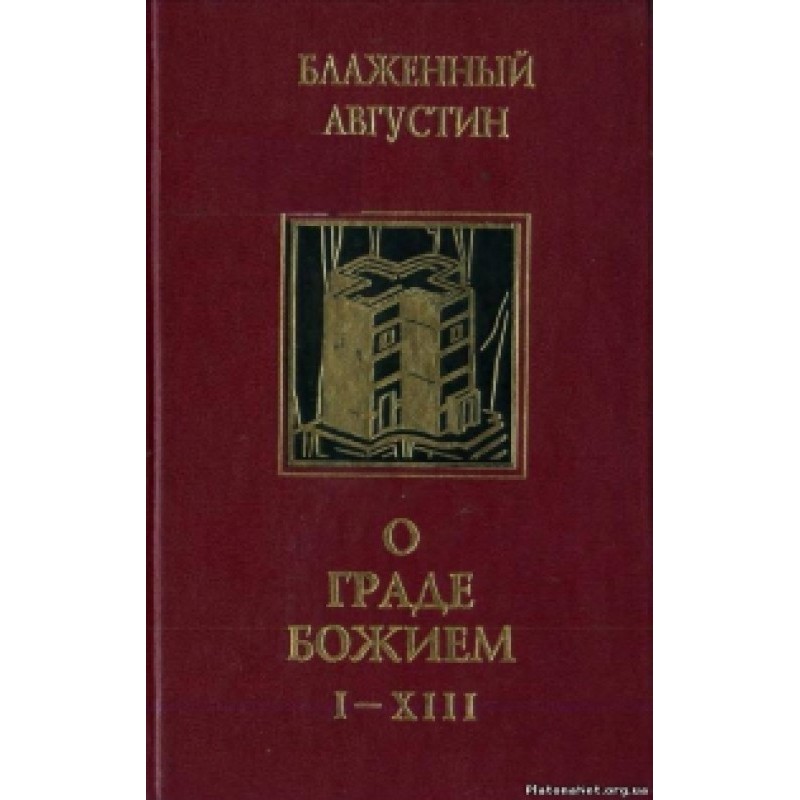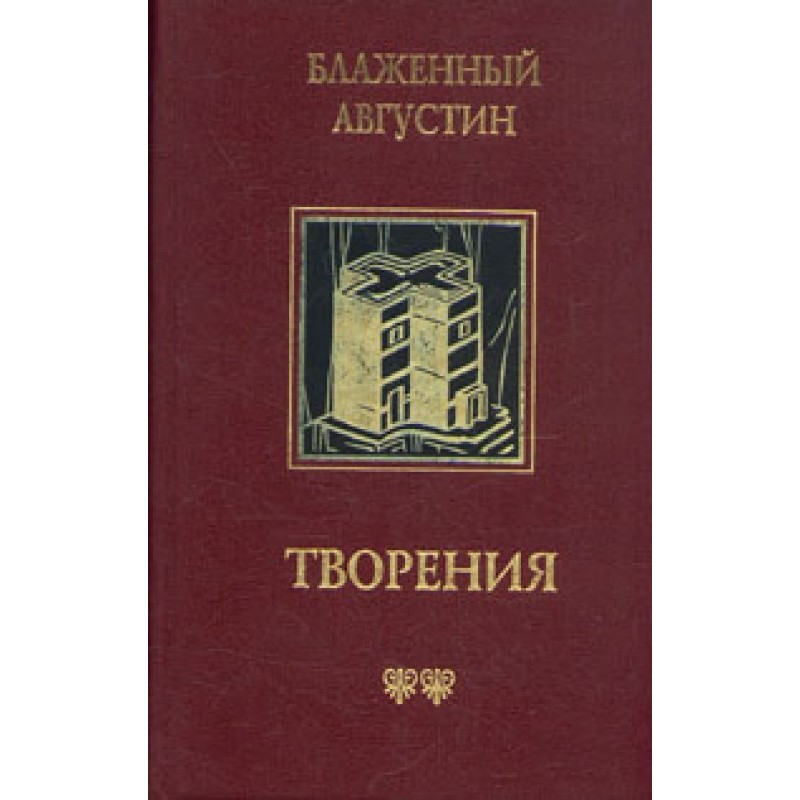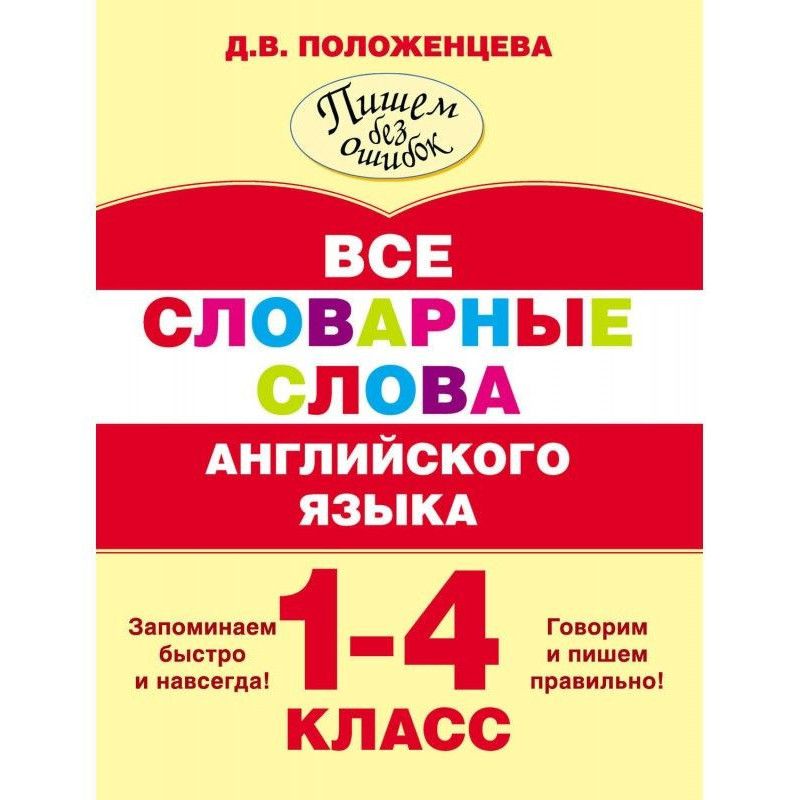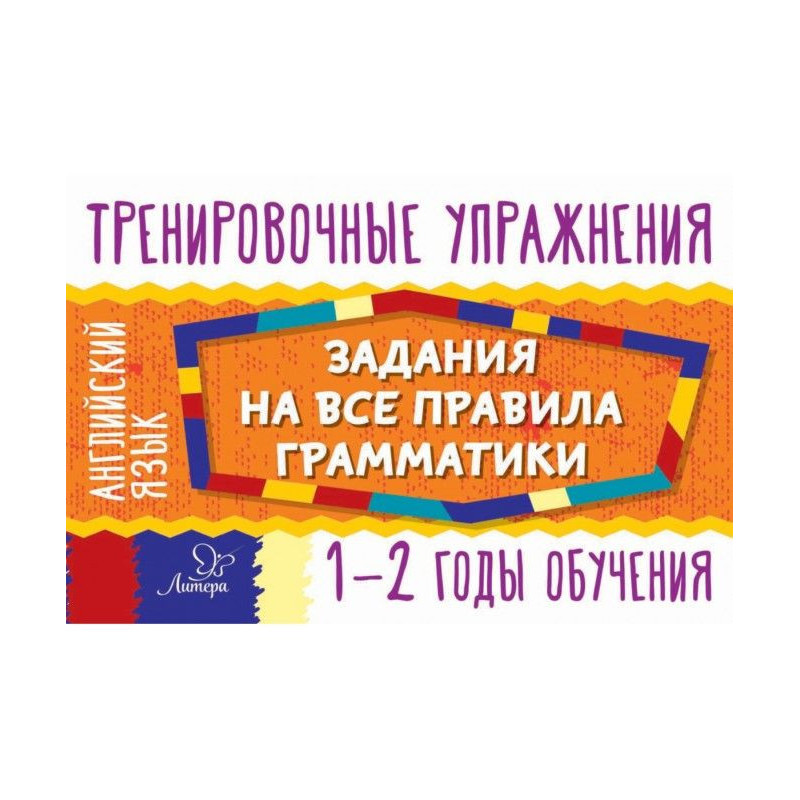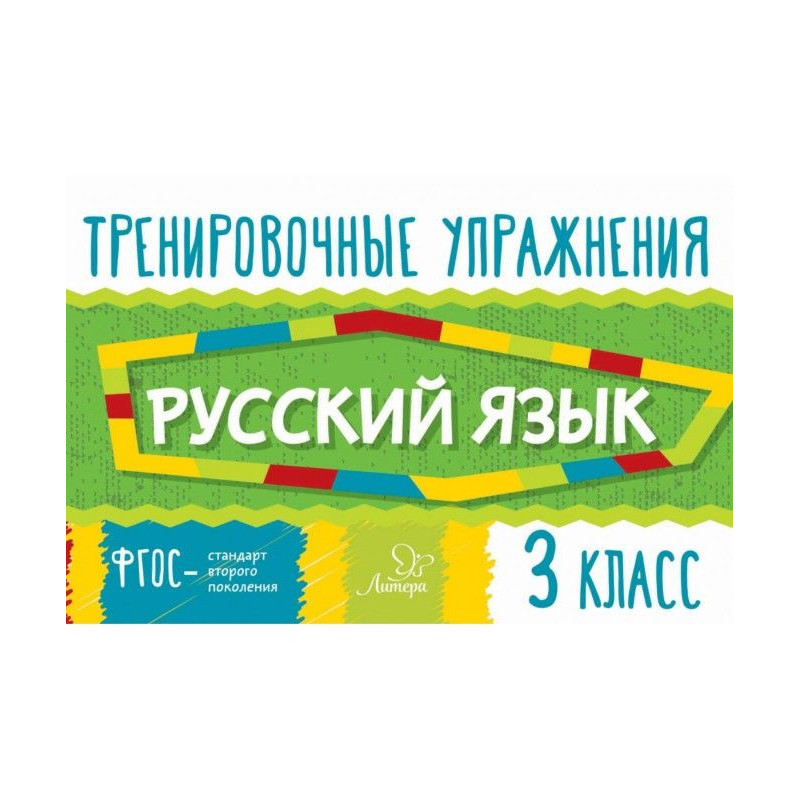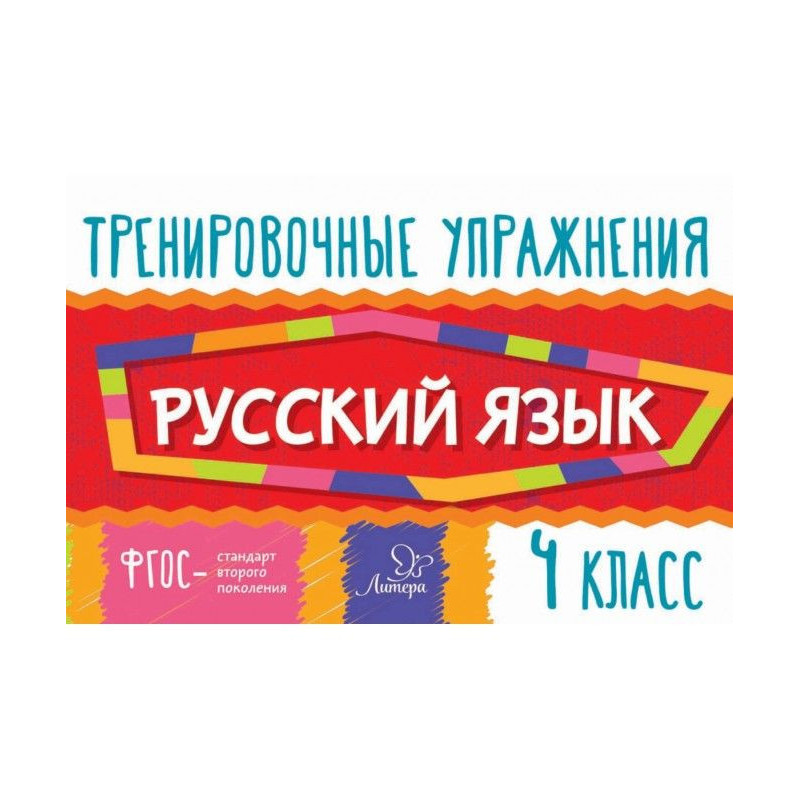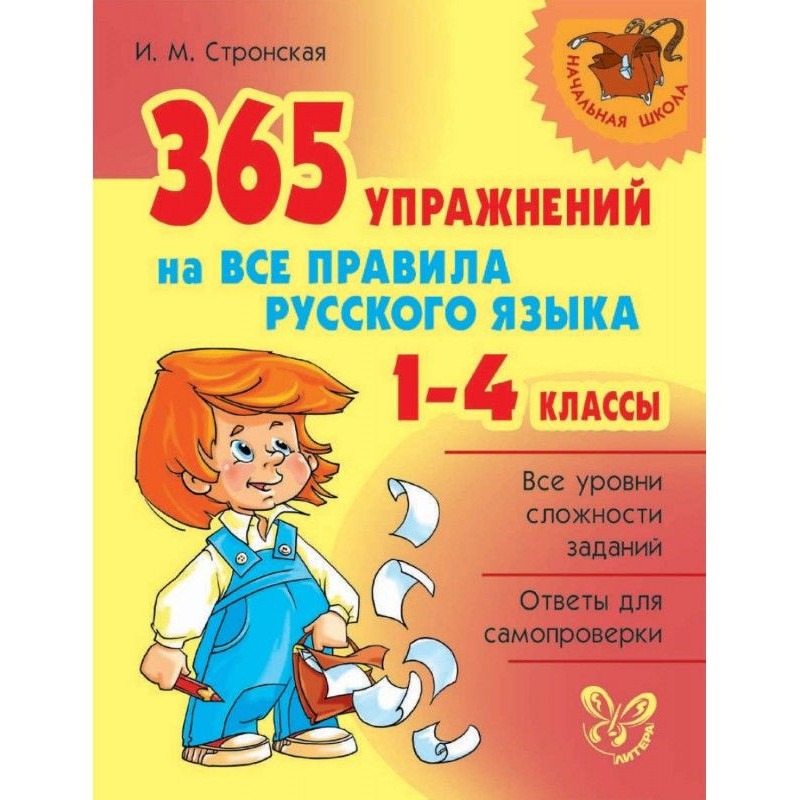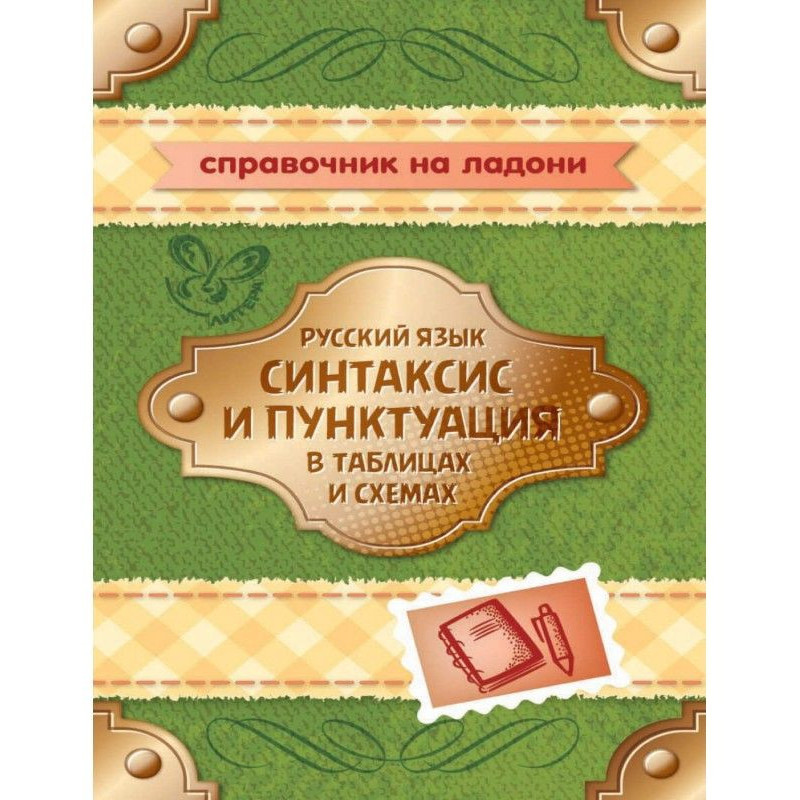Essays
 Instant download
Instant download
after payment (24/7)
 Wide range of formats
Wide range of formats
(for all gadgets)
 Full book
Full book
(including for Apple and Android)
Blessed Augustine was born in Africa, in the city of Tagaste. He was raised by his mother, a pious Christian Monica. He received his education in Carthage. As a teacher of rhetoric, Augustine arrived in Milan during the bishopric of St. Ambrose († 397, commemorated December 7). Under the guidance of Saint Ambrose, Augustine studied the Holy Scriptures. The Word of God produced a radical change in his soul - he accepted holy Baptism, distributed all his property to the poor and took monastic vows. In 391, Bishop Valerius of Hipponia ordained Saint Augustine to the rank of presbyter, and in 395 - to the rank of bishop and appointed him vicar of the See of Hipponia. After the death of Bishop Valerian, Saint Augustine took his place. During the 35 years of his bishopric, Saint Augustine devoted many works to the fight against heresies Donatists, Manichaeans and Pelagians. St. Augustine wrote many works (according to the testimony of his disciple and life-writer Possidius, their number reaches 1030), of which one of the most famous is “On the Trinity.” Blessed Augustine was primarily concerned that his writings should be understandable and edifying. “It is better,” he said, “that grammarians blame us than that the people do not understand.” Blessed Augustine died on August 28, 430.
To the most blessed lord, revered with the most sincere love, holy brother and fellow priest, Pope Aurelius, Augustine wishes well in the Lord.
(It shows, that the unity of nature and the equality of Persons in the Trinity is established by the very authority of Scripture. This book also offers an explanation of certain passages of Scripture. seem to contradict the position of the consubstantiality of the Son with the Father)
(It continues to defend the position of the consubstantiality and equality of the Trinity. In discussions about the sending of the Son and the Holy Spirit, as well as about the various manifestations of the Divine, it is shown that the Sent One by His nature is no less than the Sender, for the Trinity, being equal to Itself in everything and one in Its unchangeable nature, acts inseparably in every message and manifestation)
(It treats the phenomena of the Divine, which were discussed in the previous book: created whether God took bodily images in order to appear to people, or whether they were angels sent on behalf of God, while the essence of God itself remained invisible)
(It talks about the incarnation of the Son and explains why the Son of God was sent, i.e. through the death of Christ, we sinners are convinced of how great God’s love is for us, and also what kind of people God loves us; that our double death (i.e., body and soul) is redeemed by His one death, which gives the ratio of one to two, arising from the trinity. Here the mystical character of the number six as perfect is revealed. This same book shows that the Son of God, because He was sent and took the form of a servant, is not less than the Father, because as the Word of God He was sent by Himself. The same applies to the Holy Spirit, which is also spoken of as coming not only from the Father, but also from the Son)
(Refutation of the Aryan heresy. It is against those who believe that the essence of the Father and the Son is not the same because everything that is said about God is said according to essence (and therefore asserts that to give birth and to be born, or to be begotten and ungenerated, being different definitions, are different essences), it is shown that not everything that is said about God is said according to essence, but that some definitions are also said relatively, i.e. . i.e. by something that He Himself is not; why is it that if something expressed relatively, i.e., in relation to something that He Himself is not, is also expressed in time, nothing enters into Him because of which He would change, and He Himself remains according to His nature or essence completely unchangeable)
(It so poses the question of how Christ is called an apostle by God's power and God's wisdom, that until then a more careful consideration of whether He of Whom is born is not Christ, by wisdom itself, but only by the Father of His wisdom, or wisdom itself gave birth to wisdom, until the equality of the Trinity and the fact that God is not threefold, but the Trinity is clarified.
(It explains the deferred question of how God, who begot the Son, is not only the Father of His power and wisdom, but He Himself is power and wisdom, and also the Holy Spirit is the same; and they together are not three powers and three wisdoms, but one power and one. wisdom, as one God and one essence. Here we ask why the Latins speak of one essence and three persons, and the Greeks - of one essence and three substances (hypostases); one name when asked what the Three Whom we are we truly confess as Three, namely: the Father, the Son and the Holy Spirit)
(It explains that in the Trinity not only is one not greater than the other, but all three together are not something greater than each separately. It is also indicated here that through truth, contemplated by understanding; through the highest good, through which all good exists; through righteousness, for the sake of which a righteous soul is loved even by an unrighteous soul; and, finally, through love, which in Holy Scripture is called God; and through which at least some trinity of lover, beloved and love begins to be discernible for people who understand; not only the incorporeal nature is understood, but even the unchangeable one, which is God)
(It discusses the image of God, who is a man according to his own understanding, and a certain trinity is revealed, namely, intelligence, knowledge with which he knows himself, and love with which he loves himself and his knowledge; here it also turns out that these three are equal to each other and have one essence)
(It shows that in the human mind there is a more obvious trinity of memory, understanding and will. It also turns out that, although the mind could never be in such a way that it does not remember, understand and love itself, it does not always think about itself, and when it does not think about itself, it does not distinguish itself with the same thought from the body; why the discussion about the Trinity, the image of which he is, is postponed so that in the most visible corporeal the Trinity is revealed, and so that the reader’s attention is more properly trained in it)
(It shows that in in the outer man there is a kind of trinity, manifested in what is perceived from without, namely, from the visible body and form, which is impressed on the gaze of the perceiver, and also in the direction of the will connecting the first two; which, however, are not equal and do not have the same essence. Here it is even revealed that in the soul there is another trinity (the three definitions of which - the image of the body that resides in memory, its imagination, which arises when the gaze of the imagineer turns to it, and the direction of the will connecting the first two - have the same essence), which still belongs to the external man, for it is brought in from the corporeal, sensed from the outside)
(In it, wisdom is distinguished from knowledge, and in what is called knowledge proper, a certain trinity of a kind is revealed (as the lowest), which, although it already relates to the inner man, should still neither be called nor considered the image of God)
(It continues to discuss the trinity of knowledge through the Christian faith. It talks about that when the words of this faith are committed to memory, a trinity appears, the definitions of which are the sounds of the words in memory, the gaze of memory imagined by them when he imagines them, and the will that unites the first and second)
(In it it speaks of the true wisdom of man as distinguished from knowledge, i.e., that the image of God, which man is in his mind, is not revealed in memory, understanding and love, when they have as their subject the temporal, and not the eternal, and are shown; that this wisdom is achieved when the human mind is renewed knowledge of God in the image of the Creator of man, that is, in His image, and who thus comprehends Wisdom, in which is the contemplation of the eternal)
(In it, firstly, a brief summary of the contents of the previous fourteen books is given Secondly, it speaks of the need to explore the Trinity, which is God, in the most eternal, incorporeal and unchangeable, in the perfect contemplation of which we are promised a blessed life. Thirdly, however, it is stated that now the highest Trinity can only be visible to us. like a mirror, as if in a riddle,” since in the image of God, which we are, She can only be contemplated as in a likeness, unclear and difficult to discern, which is why this book is concluded not by reasoning, but by prayer)
Translation chapters 8–16 of the first book (according to edition: PL 34, 171–218) completed teachers of the Tobolsk Orthodox Theological Seminary, Archpriest Alexy Sidorenko and Evgeny Alekseevich Telminov. Chapters 1–7 of the first book of this work were published in the magazine “Alpha and Omega” No. 1(39) for 2004. Chapters 17–22 of the first book, translated by Archpriest Alexy Sidorenko, were published in the publication: Historical and Philosophical Yearbook - 2002. Collection of scientific works. Ekaterinburg. Publishing House of the Ural University, 2002. When publishing the translation of the entire work, its latest critical edition will be taken into account: Sancti Augustini opera. De Genesi contra Manichaeos/Ed. D. Weber. Wien, 1998 (Corpus scriptorum ecclesiasticorum latinorum (CSEL) 91).© Preface, translation, notes. A. K. Sidorenko, 2006
Data sheet
- Name of the Author
- Аврелий Августин
- Language
- Russian
Reviews
Неперевершене дослідження віри та філософії
Книга "Твори" Блаженного Августина - це справжнє джерело мудрості, яке вражає своєю глибиною та актуальністю навіть сьогодні. Августин, як великий філософ і теолог, вміло поєднує особисті переживання з глибокими релігійними роздумами. Його міркування про Трійцю, природу Бога та людську душу відкривають нові горизонти розуміння віри. Читання цієї книги не лише збагачує знаннями, але й спонукає до глибоких роздумів про власну віру та місце людини у світі. Августин вміє донести складні концепції простими словами, що робить його твори доступними для широкого кола читачів. Рекомендую цю книгу всім, хто прагне зрозуміти глибину християнської віри та філософії!

